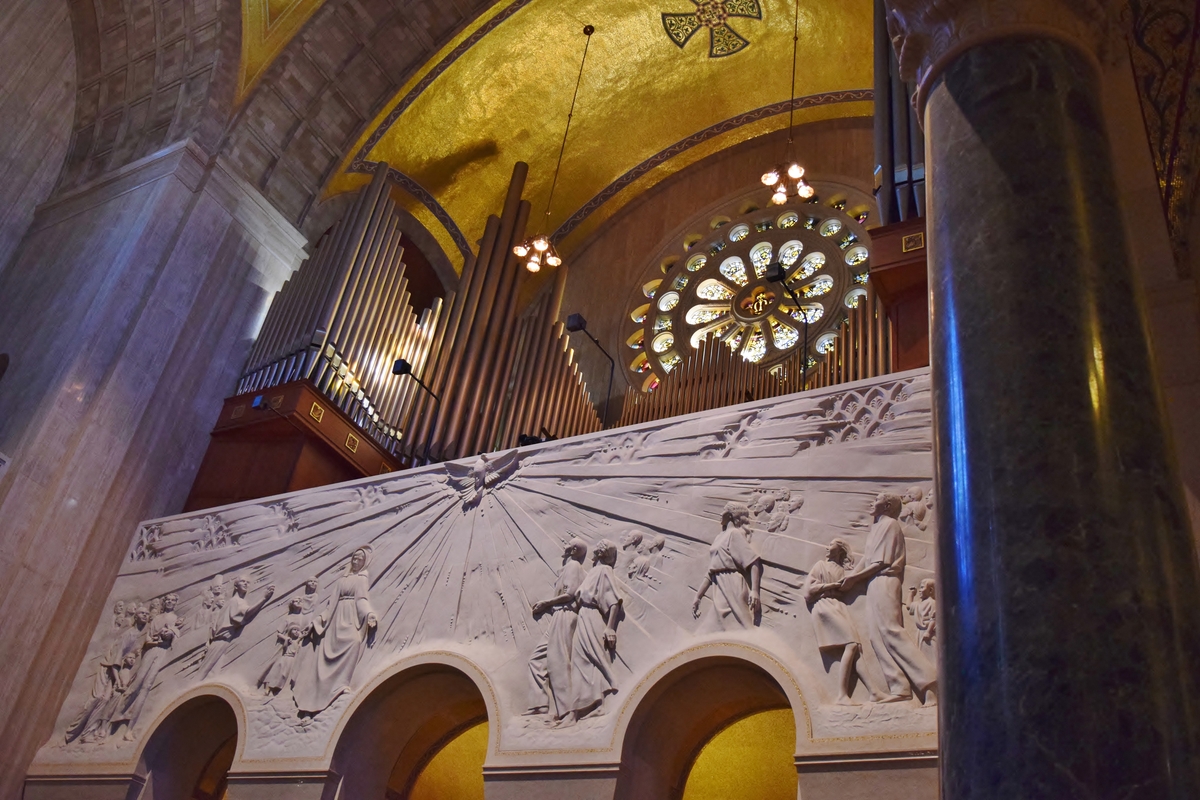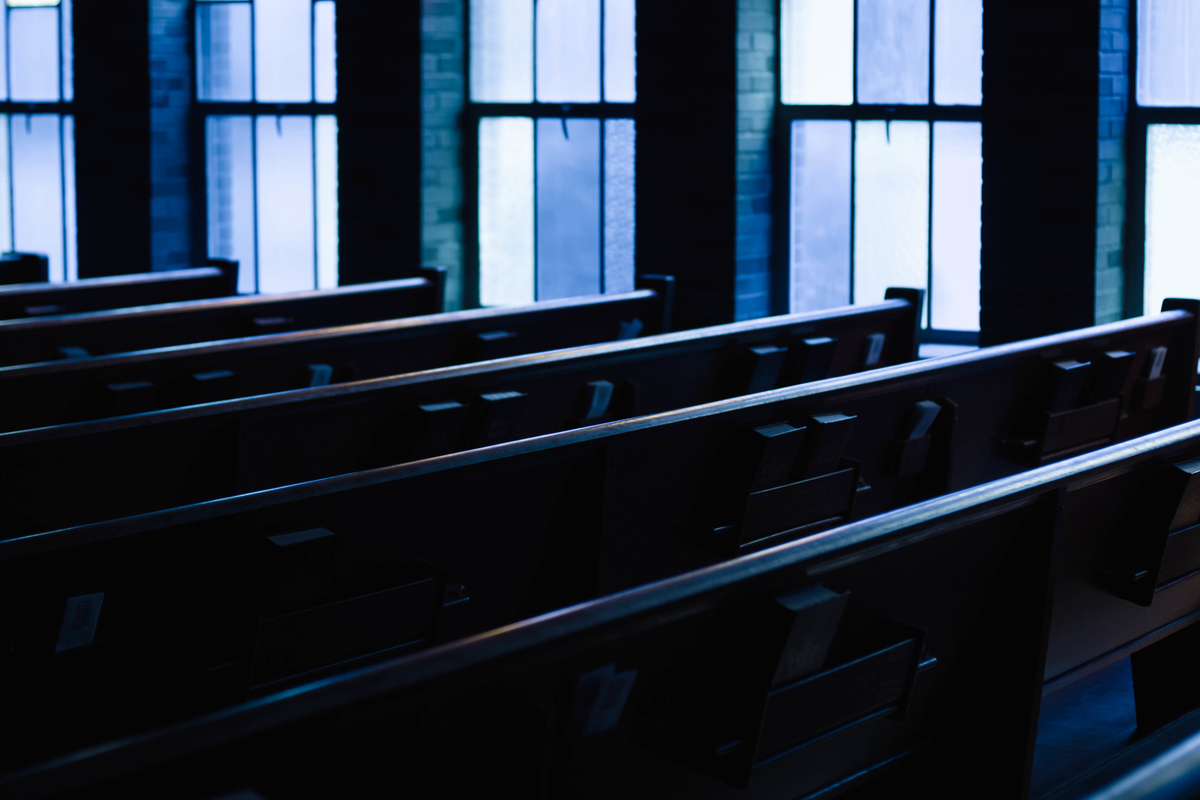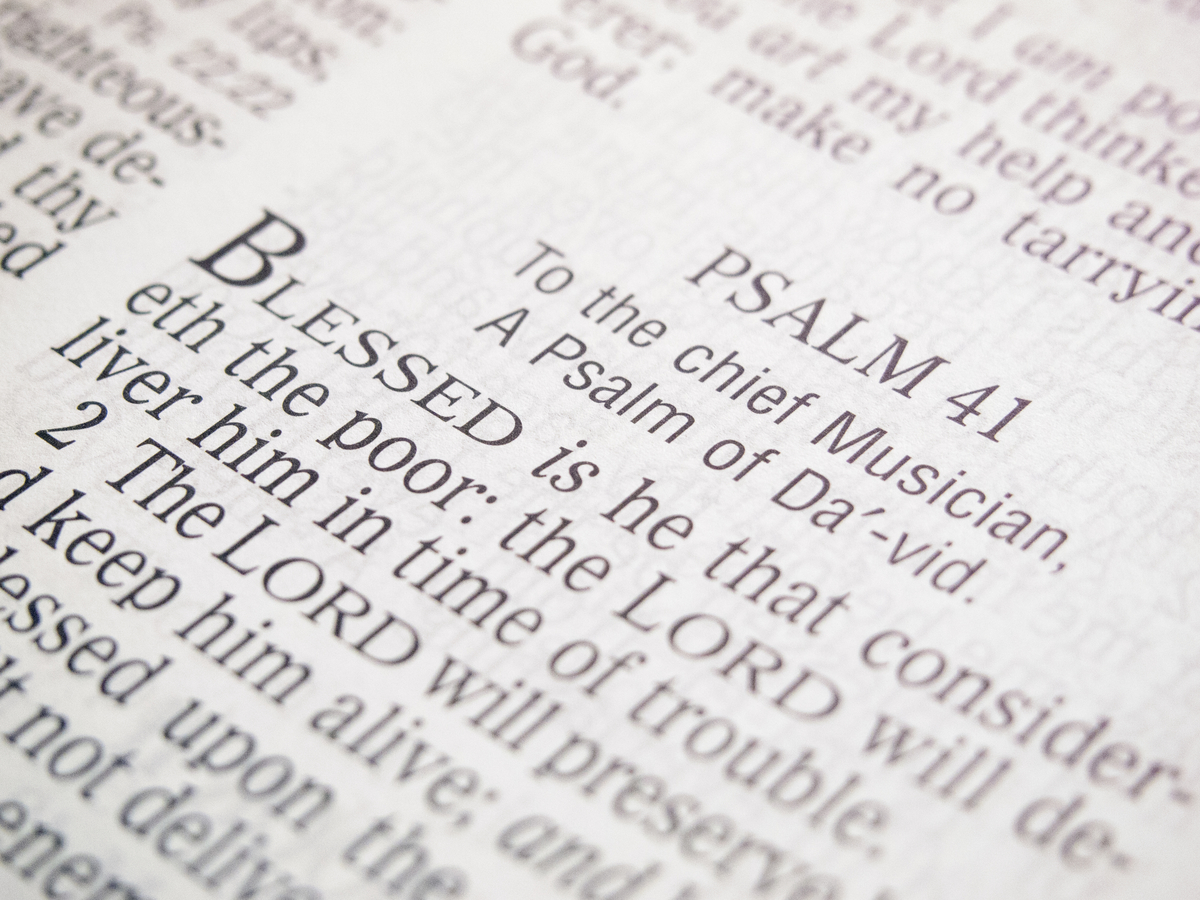Lately, I’ve been pondering the part of the Copyright Act of 1976 sometimes referred to as the religious service exemption.
Under federal copyright law, two of a songwriter’s exclusive rights are the right to perform his or her song in public and the right to display it in public.
Others who want to publicly perform or publicly display the song need permission to do so.
The law provides exceptions, though, such as if the song will be performed during a service at a place of worship or other religious assembly.
I wondered: What did legislators have in mind regarding performances and displays when they wrote Section 110(3) in 1976?
So, I checked out the current law and, for insight, went further back to the previous major revision of the copyright law. That was in 1909.
Section 28 of the earlier law mentioned church choirs, stating that if they performed an oratorio, cantata, mass or choral octavo, for example, that wouldn’t be considered copyright infringement, assuming the performance was not for profit.
Neither the 1909 law nor the 1976 law — which superseded the earlier one — specifically addressed congregational singing in churches.
I’m not a lawyer, so I don’t know the reason for that. I do find it interesting that the 1909 law focused solely on choirs and the 1976 law didn’t delve at all into who was doing the singing.
Also, there’s no reference — that I found — in Section 28 of the 1909 law to the display of a musical work.
By 1976, when that term found its way into the law, the technology used by some churches to display lyrics would have been an overhead projector and a pull-down screen. Most churches, though, hadn’t progressed that far technologically. They still put hymnals in congregants’ hands as they had done during the first part of the century and further back than that.
To the glory of God
These days, during a Sunday morning service, we’re likely to see a variety of soloists on stage, backed by a band, with lyrics sent from a laptop to one or more screens at the front of the sanctuary.
It’s generally accepted that these activities fit the definitions of “perform” and “display” under current copyright law.
Meanwhile, most singers and musicians on stage cringe at being called performers, instead referring to themselves as worshippers.





